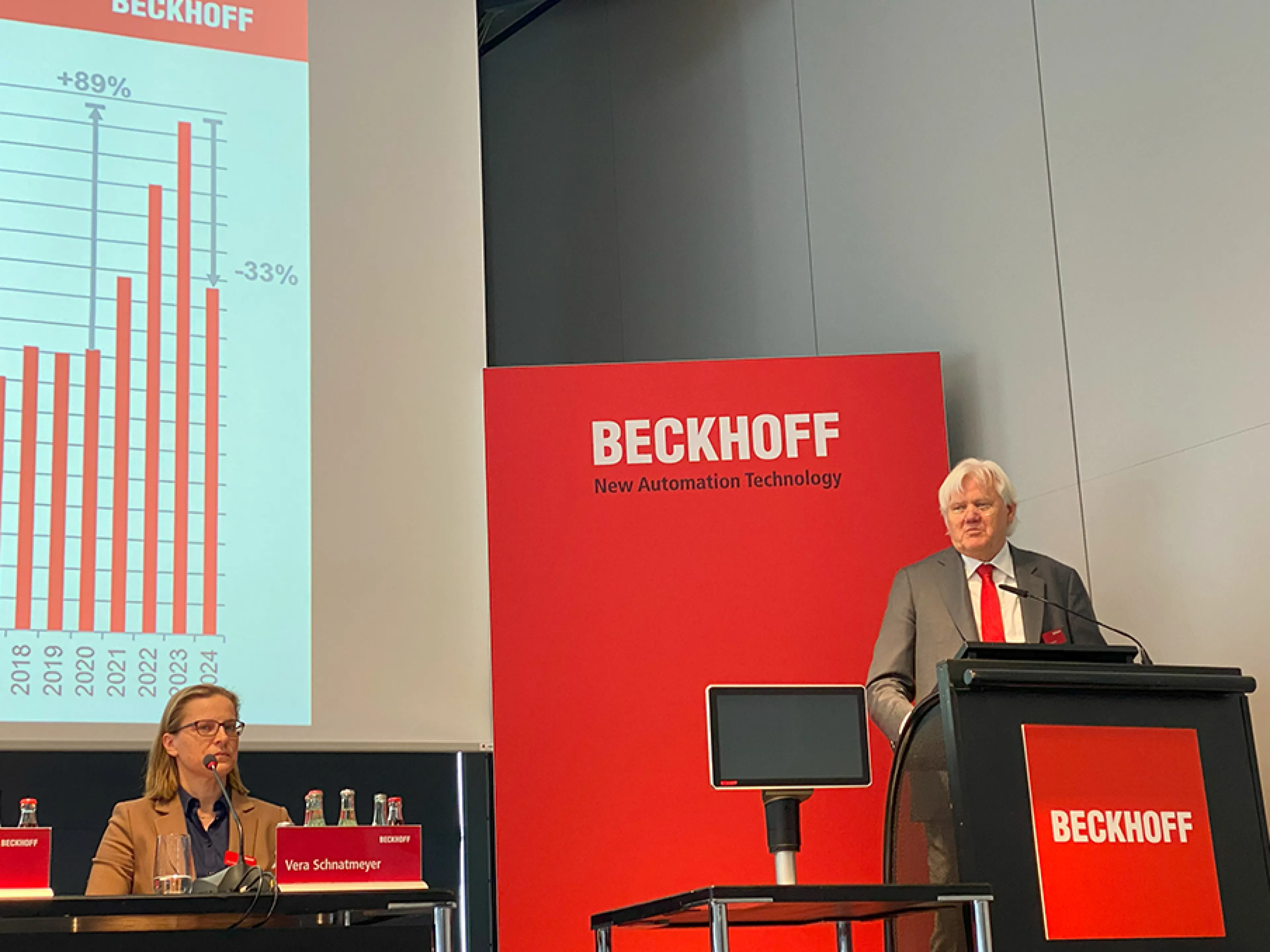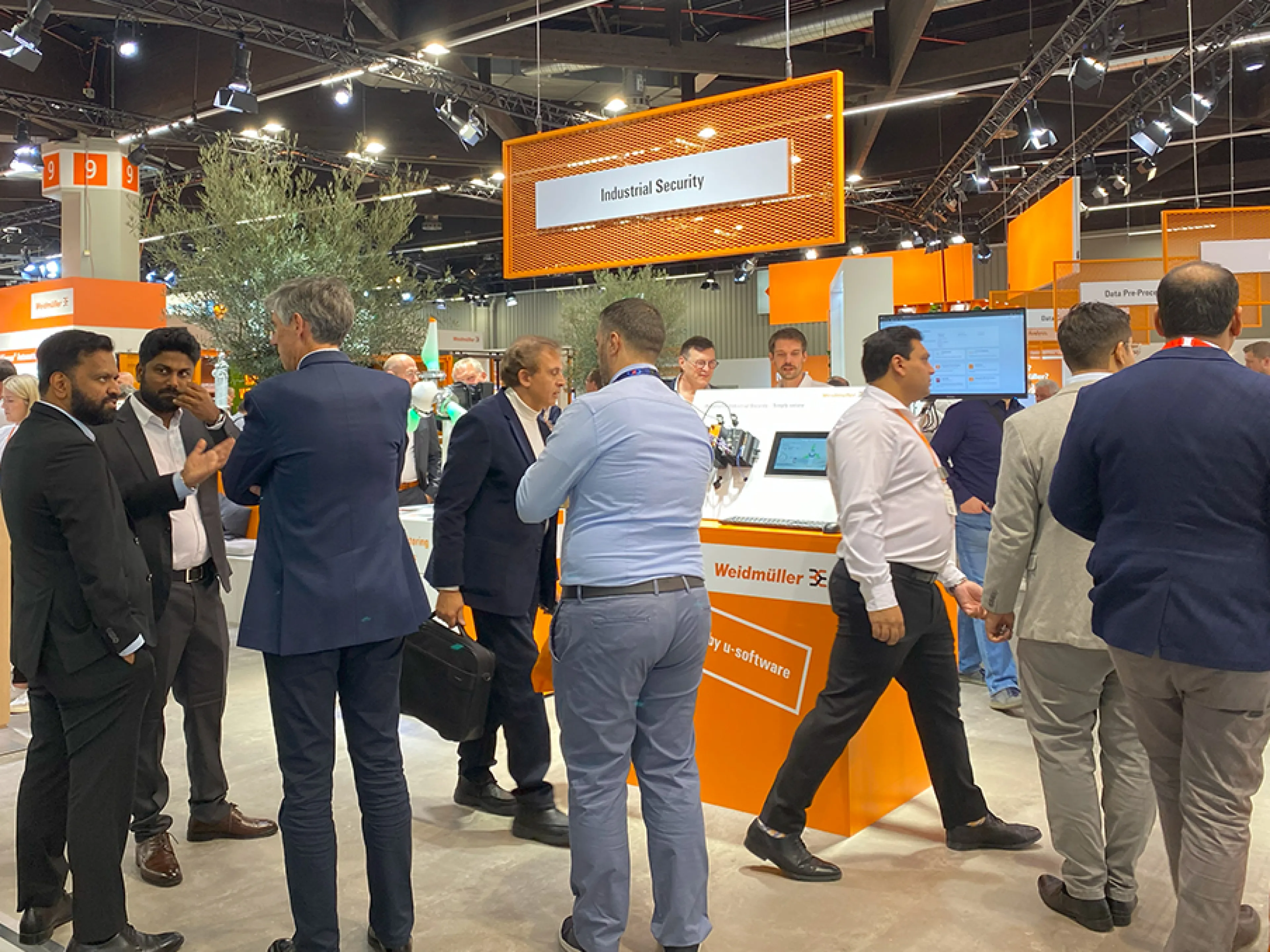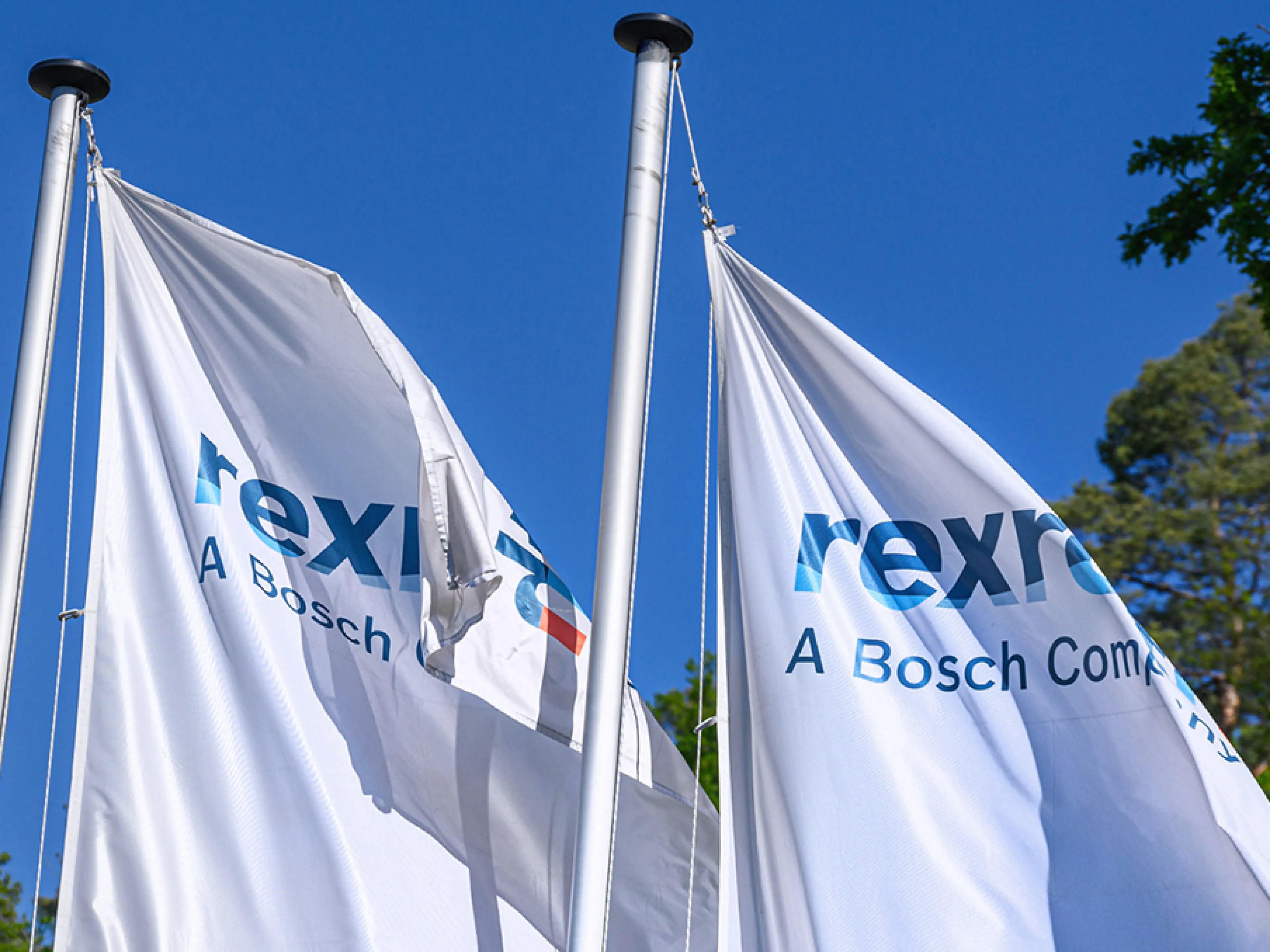
Semiconductor manufacturing is one of the most complex industrial processes. Trillions of transistors, structures in the nanometer range, and highly dynamic process chains require precise, flexible, and scalable automation. In order to be able to produce economically under increasing demands on quality and efficiency, leading companies rely on a consistent automation concept. Beckhoff offers a broad system portfolio that is specifically tailored to the requirements of the semiconductor industry.
Precision and process diversity in semiconductor manufacturing
Modern semiconductors are found in almost all areas of life today, from electromobility and medical technology to energy supply. Up to 8,000 semiconductor components are now installed in vehicles. The associated requirements for throughput, product diversity, and process reliability are constantly increasing. Semiconductor manufacturing is distinguished by two characteristics in particular: extremely high precision and a large number of complex process steps, some of which run in parallel. Many of these run under clean room conditions.
“As different as the steps are, from wafer production and lithography to testing and packaging, they all require precise control and seamless monitoring,” says Marcel Ellwart, who works in semiconductor industry management at Beckhoff. “In addition, the production systems must be able to respond flexibly to changing product variants and ensure high throughput rates with maximum quality. This makes the use of advanced automation technology indispensable.”
Ethercat as the communication standard in semiconductor manufacturing
Communication is a key element of modern automation in semiconductor manufacturing. Ethercat is widely used as an established fieldbus standard in the semiconductor industry. Real-time capability, open architecture, and high scalability allow for the seamless integration of a wide variety of components, from sensors and actuators to complex control systems.
Control concepts for all process steps
With PC-based control, Beckhoff provides a consistent platform that covers all levels of automation from PLC, HMI, and motion control to measurement technology and industrial image processing. The Twincat software platform forms the central interface for engineering and real-time runtime. The modular architecture enables flexible adaptation to the respective manufacturing processes and can be integrated into both new and existing lines.
Industry-specific solutions for semiconductor manufacturing
Beckhoff's automation solutions offer specific technical advantages for semiconductor manufacturing:
- Ethercat plug-in modules reduce wiring effort and save space in series production facilities.
- Integrated drive technology allows for compact servo axes with high dynamics in the 48-volt DC range.
- High-performance measurement technology modules record critical process parameters in the sub-millisecond range.
- Vision systems integrate industrial image processing directly into the control level.
- Xplanar enables contactless, precise workpiece handling with high freedom of movement.
- AI integration supports predictive maintenance, image classification, and process optimization directly in the machine control system.
Applications along the entire process chain
Beckhoff systems are used in numerous areas of semiconductor manufacturing, from crystal growth and gas supply systems to advanced packaging:
- Crystal manufacturers rely on PC-based control and Ethercat I/Os for precise temperature control.
- Gas plants benefit from modular Beckhoff I/O systems that reduce installation time.
- Die sorting machines achieve high cycle rates with minimal space requirements thanks to signal distribution boards.
- New semiconductor materials such as gallium oxide can be processed efficiently using flexible system concepts.
- In the advanced packaging stage, the combination of XFC and PC-based control ensures precise positioning at high cycle rates.
Artificial intelligence and edge technology in semiconductor manufacturing
AI and edge computing open up new possibilities for semiconductor manufacturing. Beckhoff has integrated functions for anomaly detection, image evaluation, and time series analysis directly into Twincat. The evaluation is performed locally on the Industrial PC without any time delay. This significantly increases the response speed and system availability. “Automation solutions from Beckhoff offer the ideal foundations for meeting the new challenges and implementing intelligent manufacturing processes,” summarizes Marcel Ellwart. The combination between consistent PC-based control, real-time communication, and industrial AI creates the basis for the next generation of semiconductor production.









